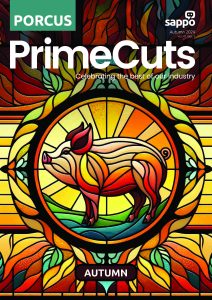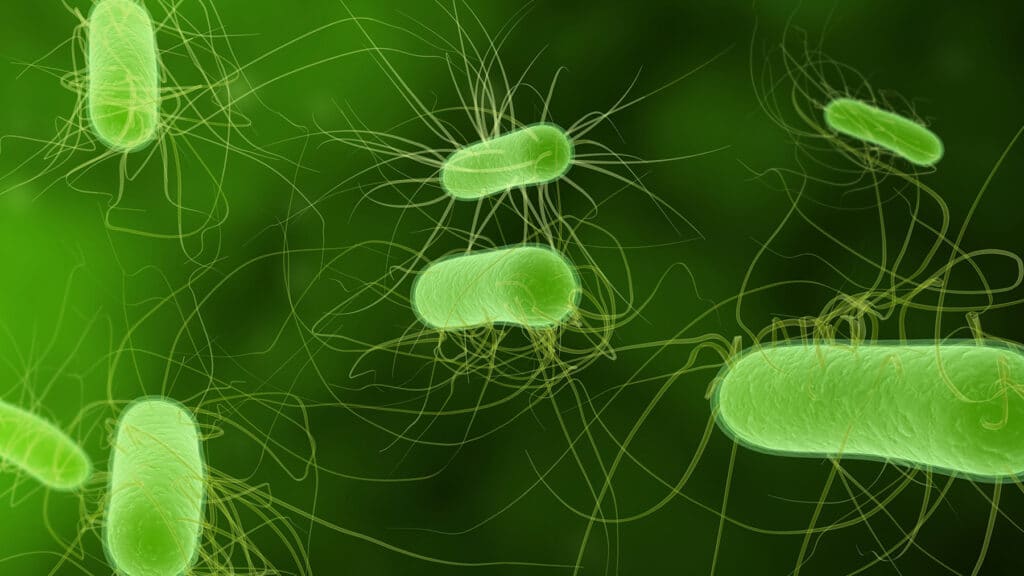Source: Ryan Strobel, Pig Health Today, 20 October 2020to credit: Franciscan Health
Escherichia coli (E. coli) has been a severe disease in our industry for decades and continues to be prevalent today. It is a bacterium that commonly causes neonatal and post-weaning diarrhea. E. coli can create a severe economic impact due to mortality, decreased weight gain, vaccination cost and added nutritional components to slow down scours.
Many neonatal E. coli diarrhea issues are covered up by maternal vaccinations. Our biggest issues today occur in the post-weaning period when maternal antibodies aren’t available to stop severe diarrhea, down paddling pigs and septicemia.
Two major, post-weaning E. coli adhesin types are K88 and F18. It is important to distinguish the two types to know timing of the scours and how to protect your piglets post-weaning. K88 is most common in the early post-weaning phase while F18 tends to be 2-3 weeks into the nursery phase. Post-weaning diarrhea is very common and can involve multiple factors, including the environment, disease pressure, feed, maternal immunity and the transition from milk to feed. The long and short of it is: To get a protected pig, you need a clean environment with good feed.
Read more
The South African Pork Producers’ Organisation (SAPPO) coordinates industry interventions and collaboratively manages risks in the value chain to enable the sustainability and profitability of pork producers in South Africa.







